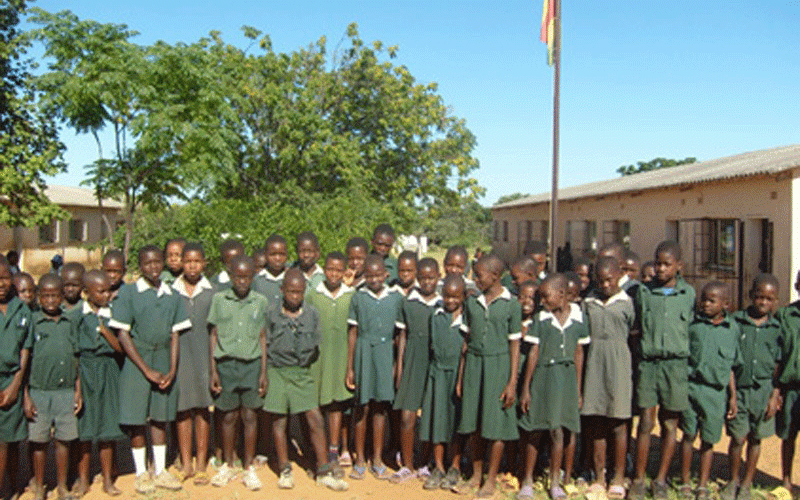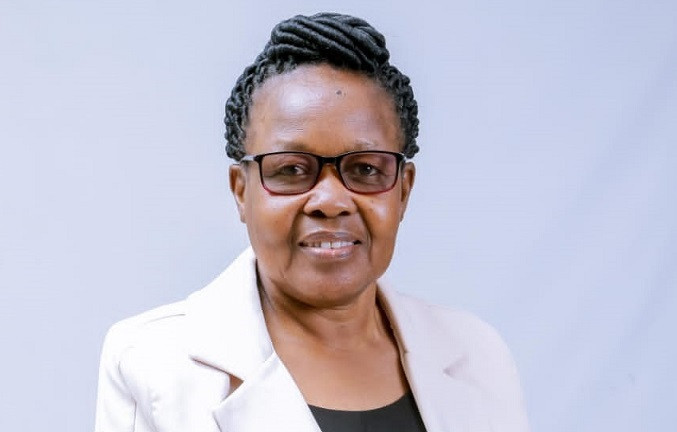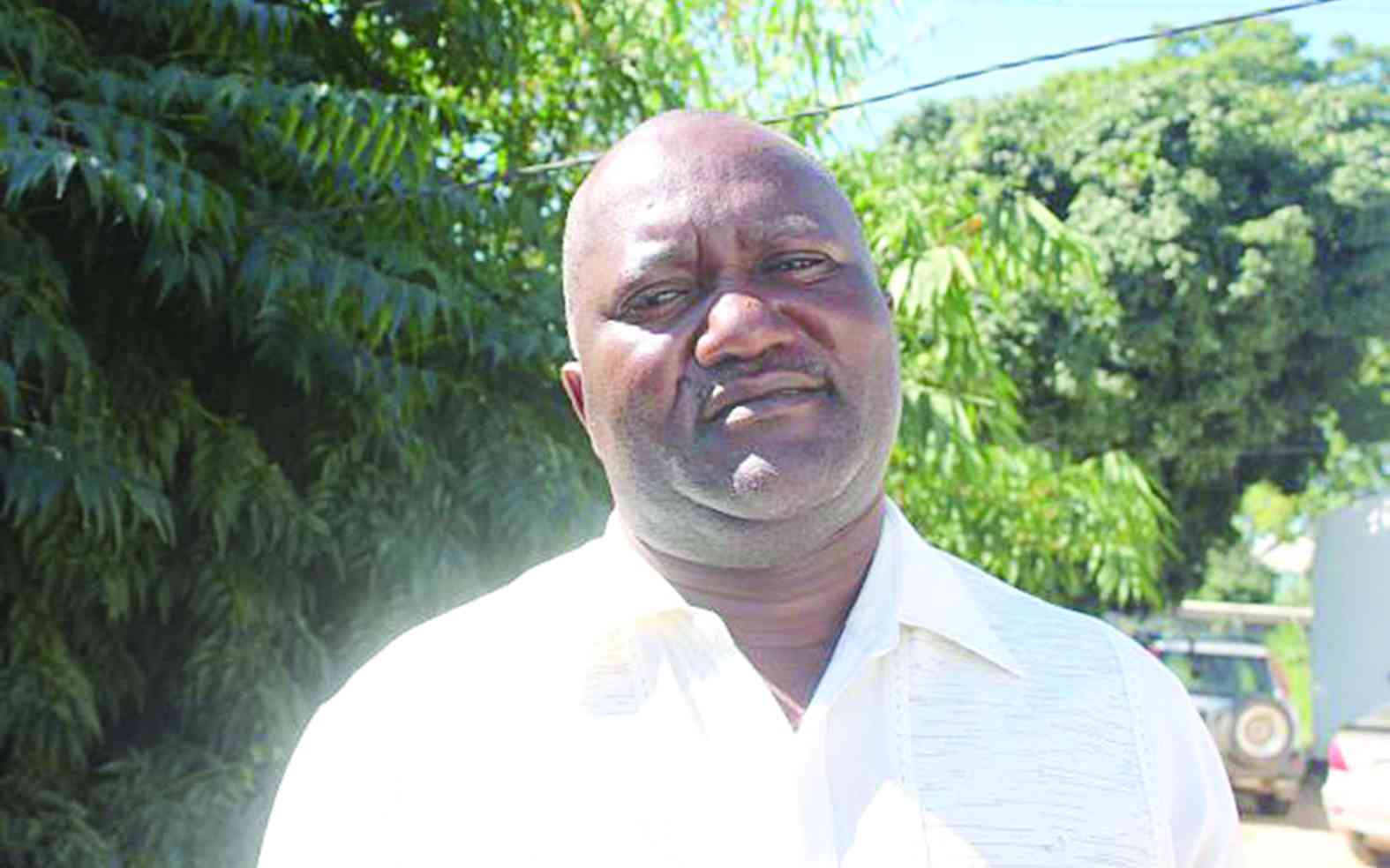THE COVID-19 virus is still haunting Zimbabwean communities despite the World Health Organisation (WHO) declaring that it is no longer a global emergency, government has said.
Commenting on the 37 new confirmed COVID-19 cases and one death recorded between October 7 and 13, Public Health Advisor to the President and Cabinet, Agnes Mahomva, however, said there was no need to panic over the disease despite the rising cases.
“If you remember, the World Health Organisation, came out and said COVID-19 is no longer a disease of international concern,” she said. “It is no longer a public emergency and is being treated like any normal disease though we remain guided by prevention and treatment guidelines.”
On January 30, 2020, following the recommendations of the Emergency Committee, the WHO declared that the outbreak constituted a public health emergency of international concern.
However, in May this year and based on the advice of the emergency committee regarding the COVID-19 pandemic, WHO director-general Tedros Adhanom Ghebreyesus declared that COVID-19 was now an established and ongoing health issue which no longer constituted a public health emergency of international concern.
Meanwhile, addressing journalists on the Catalysing COVID-19 Action project in Harare over the weekend, Health and Child Care director for epidemiology and disease control, Rudo Chikodzore said critical gaps concerning access and utilisation of screening, testing and effective therapeutics in management of the disease remain, particularly in low and middle-income countries, including Zimbabwe.
Keep Reading
- Young entrepreneur dreams big
- Chibuku NeShamwari holds onto ethos of culture
- Health talk: Be wary of measles, its a deadly disease
- Macheso, Dhewa inspired me: Chinembiri
The catalysing COVID-19 Action project is a multi-country project being implemented in Zimbabwe, Kenya and Cameroon with support from UNITAID and FIND-fund initiative to respond to the global COVID-19 pandemic.
Chikodzore said: “Key barriers preventing enhanced access and uptake include: a dearth in evidence around the acceptability, feasibility and effectiveness of existing and upcoming diagnostic tools and treatments across low and middle-income countries; limited implementation of the integrated COVID-19 delivery models in health services; limited capacity of the health systems and platforms; weak procurement systems; and a lack of accelerated regulatory pathways for COVID-19 tools to reach low and middle-income countries.”
In Zimbabwe, the project is being implemented at Parirenyatwa Group of Hospitals, Sally Mugabe Central Hospital, Beatrice Infectious Diseases and Wilkins Infectious Diseases Hospitals.
Three other polyclinics, Budiriro, Mabvuku and Kuwadzana are also participating in the project.





